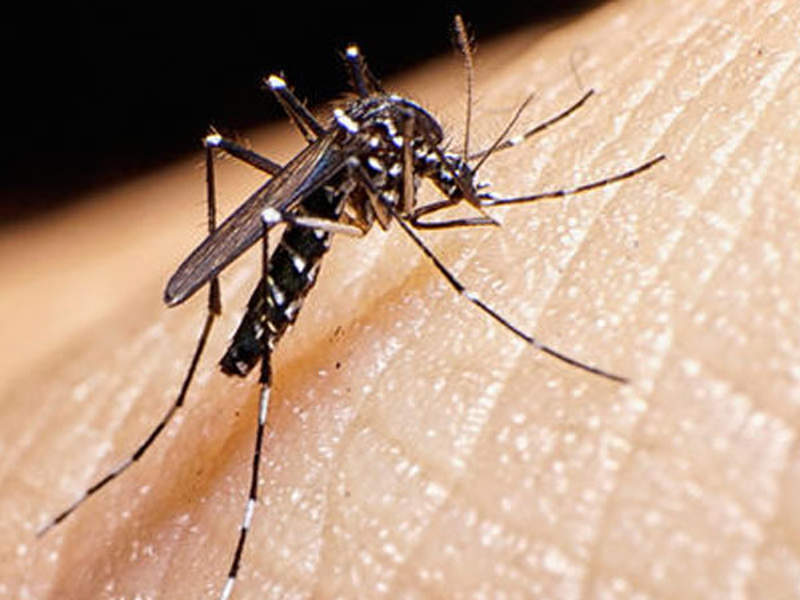Argentina-based biopharmaceutical company Sinergium Biotech has announced it will start building a primary antigen production plant in the town of Garin, located in Buenos Aires province.
The plant will be constructed with an estimated investment of $50m and is expected to create around 100 jobs during construction.
Sinergium Biotech focuses on the research, development, production and marketing of vaccines and highly complex biopharmaceutical products.
Details of the Sinergium Biotech plant in Buenos Aires
The plant will be situated within Sinergium’s existing manufacturing facility in Garin, which covers a 20,000m² area and has the capacity to produce 30 million syringes and vials a year.
The plant will help develop an influenza vaccine against the Zika virus and the production of recombinant variants of Zika virus E protein. The facility is anticipated to start production within two years.
Production at the existing and new Sinergium Biotech plants in Garin
The vaccine production process will comply with the highest international good manufacturing practice (GMP) standards.
The existing plant manufactures a Novartis influenza vaccine, a pneumococcal conjugate vaccine with technology transfer from Pfizer, a tetravalent vaccine against human papillomavirus (HPV) in partnership with MSD, and biotech products along with biopharmaceutical company mAbxience.
Vaccines currently produced by Sinergium Biotech have been approved by the National Administration of Medicines, Food, and Medical Technology (ANMAT), the US Food and Drug Administration (FDA), and the European Medicines Agency (EMA).
Technology at the Sinergium Biotech plant in Buenos Aires
The plant will use recombinant technology instead of cell culture technology for the development of a Zika virus vaccine. The recombinant technology is supported by the World Health Organisation (WHO) and shared by the US for the better production of recombinant variants of virus E protein.
The use of recombinant technology reduces the vaccine production time from months to weeks.
Key players involved in the project
In April 2016, Sinergium Biotech signed an agreement with Protein Sciences Corporation and Mundo Sano to jointly develop a Zika virus vaccine. Under the terms of the agreement, Sinergium will pay an upfront fee to Protein Sciences for using its proprietary technology for the development and production of the vaccine.
Sinergium Biotech will be responsible for the manufacturing and commercial rights of the vaccine in Argentina and other countries.
Protein Sciences Corporation’s Zika Consortium consists of five international partners, including Mundo Sano and Sinergium Biotech in Argentina, Liomont in Mexico, UMN Pharma in Japan, and Fiocruz in Brazil. Bio-Manguinhos, a unit of Fiocruz, joined the multi-national consortium in supporting the vaccine’s development in 2017.
Clinical trials on the Zika virus vaccine
The development of the Zika virus vaccine began in February 2016. The lead protein-based vaccine showed good safety results and strong neutralising antibodies against the Zika virus in pre-clinical studies conducted by the National Institute of Allergy and Infectious Disease and National Institutes of Health in January 2017.
The product is expected to proceed to human clinical trials in the coming months. Phase I clinical trials on the vaccine in the US are expected to begin in April 2017.






